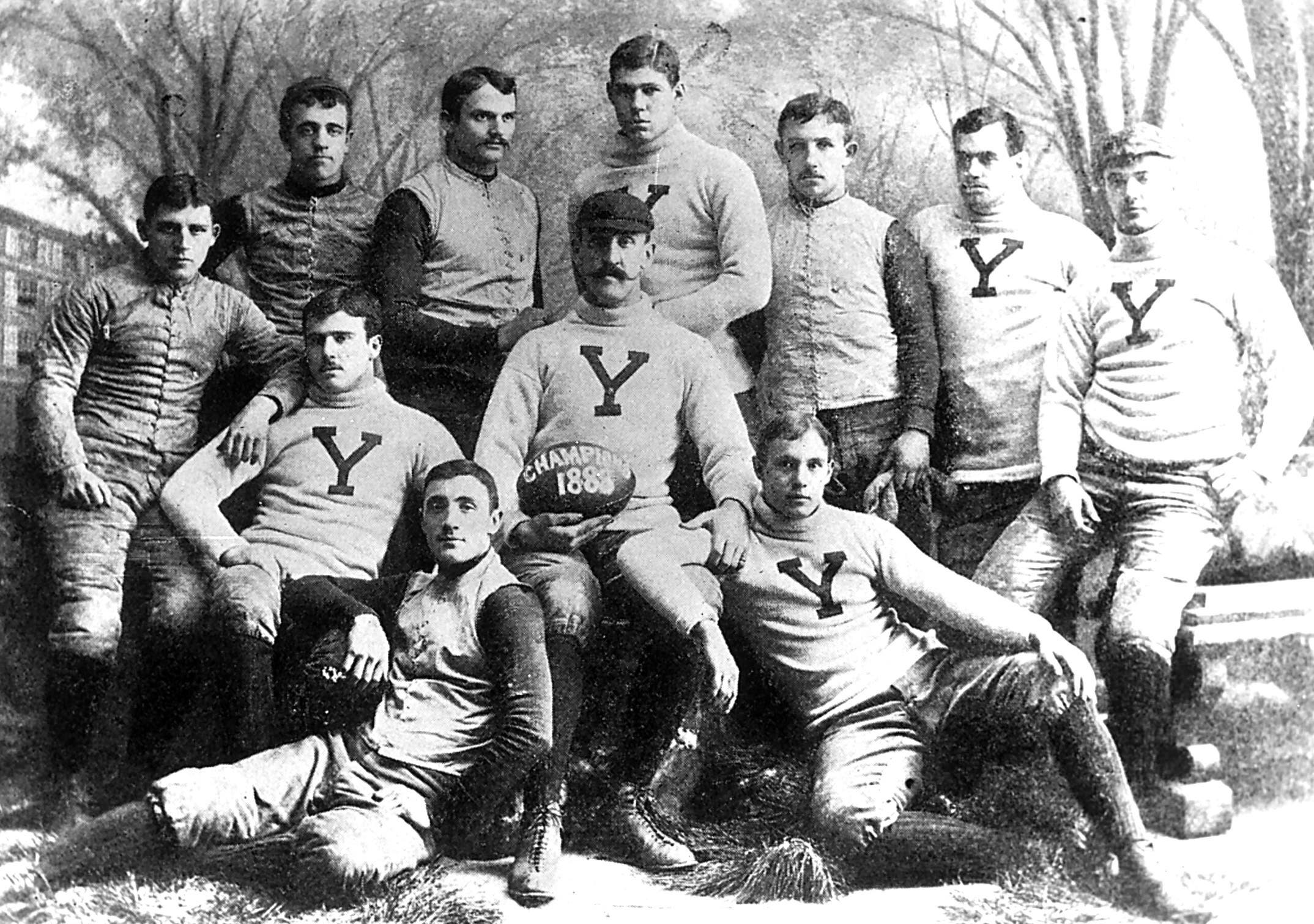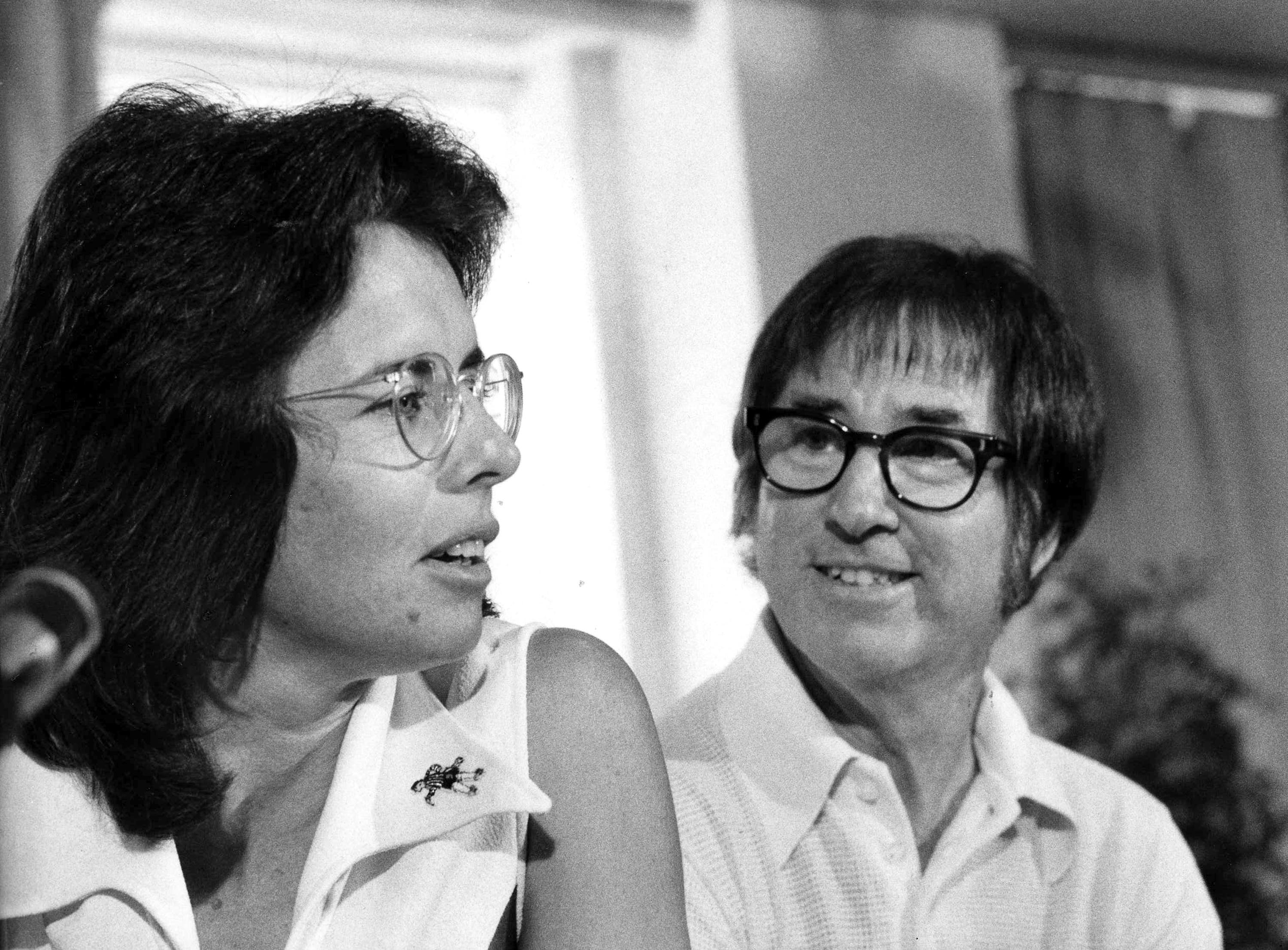Four years ago, many high-school graduates missed out on their traditional ceremonies due to the pandemic — and this year, some of those same students have lost the chance to have their college graduations amid ongoing political protests.
Columbia University and the University of Southern California both announced the cancellation of their traditional “main stage” commencements for 2024.
Other colleges such as the University of Michigan had their ceremonies disrupted by anti-Israel protesters.
MILITARY MOM SURPRISED WITH GRADUATION MESSAGE FROM HER SON DEPLOYED AT BORDER: ‘I STARTED TO CRY’
“Regardless of how one feels about the recent protests, it is important to recognize that graduating students and their families and friends were swept up in the wake of unrest on college campuses,” Zachary Ginder, a psychological consultant in Riverside, California, told Fox News Digital.
As they mourn the loss of this celebratory event, some grads may experience “milestone FOMO” — leaving them feeling disappointed, angry, depressed and anxious about their futures as they prepare to enter the real world.
Graduates attend commencement at UNC Chapel Hill on Saturday, May 11, 2024. Earlier in the day, students vandalized the chancellor’s building in protest of the Hamas-Israel war. (The Image Direct for Fox News Digital)
Here’s what’s important to know.
What is ‘milestone FOMO’?
Milestone FOMO (fear of missing out) refers to the fear of missing significant life events or milestones that others may be experiencing or achieving.
“It can also be described as a type of envy where people are seeing their friends reaching major life milestones, like getting married or buying a house, and this contributes to the person feeling left behind or not on par with their peers,” Nicholette Leanza, a therapist at LifeStance Health in Ohio, told Fox News Digital.
As they mourn the loss of an important celebratory event in their lives, some new grads may experience “milestone FOMO” — leaving them feeling disappointed, angry, depressed and anxious about their futures as they prepare to enter the real world. (iStock)
For graduates, experiencing milestone FOMO may lead to a reduced sense of accomplishment, she said.
“We all like to have a reward after hard work, and the pomp and circumstance of a graduation ceremony can be seen as the reward for one’s hard work,” Leanza said.
“So if graduates are not allowed that celebration of their accomplishment, it can feel like all their hard work was diminished and that they lost out on that rite of passage.”
5 COLLEGE GRADUATION SPEECHES THAT SHOCKED STUDENTS AND PARENTS ALIKE
For many, a graduation ceremony marks not only the culmination of years of hard work and dedication, but also a pivotal transition into adulthood and the next phase of life, Ginder noted.
“Missing out on this milestone event can lead to feelings of grief and loss, sadness, disappointment, and a sense of incompleteness for those involved,” he said.
“It isn’t too hard to imagine the distress some likely felt in working for four or more years toward a goal, only to have the culmination and official public recognition dissolve just days before the event.”
Students may feel “robbed of the opportunity” to celebrate their achievements with classmates, teachers and loved ones, Ginder said.
“The absence of closure and the lack of a tangible marker for this important transition can make it harder to process the end of this life chapter and move forward,” he added.
4 ways to counter ‘milestone FOMO’
For graduates unable to have a ceremony, experts suggested four ways to process and overcome the ensuing emotions.
1. Focus on acknowledging and accepting the emotions
“Sadness, anger, disappointment and frustration are all normal responses to loss,” Ginder told Fox News Digital.
“Graduates should allow time to process these emotions, while also keeping in perspective that life is a journey with lots of ups and downs.”
For many, graduation marks not only the culmination of years of hard work and dedication, but also a pivotal transition into adulthood and the next phase of life, one expert noted. (iStock)
Graduation, for many, will not define their college career, Ginder pointed out.
“Refocusing on what has been gained, friendships and positive memories can help folks move past the acute emotional challenges of missing graduation.”
2. Challenge and reframe any unhelpful thinking
Students working through this disappointment may have negative thoughts such as, “I’ll never get to experience this milestone,” or “My achievements don’t matter anymore,” according to Ginder.
TEACHING VALUES TO OUR KIDS CAN ONLY HELP THEM FLOURISH AND SOUTH CAROLINA IS LEADING THE WAY
“When these thoughts bubble to the surface, graduates can try replacing them with more balanced thoughts, such as, ‘I can find other ways to celebrate my hard work,’ or ‘my accomplishments are still valuable, even without a traditional ceremony.’”
3. Create your own ceremony
“Organizing a more personal graduation ceremony where close friends and family celebrate your accomplishment can be a wonderful way to mark this special occasion,” Leanza said.
“Dressing up in full graduation regalia, having loved ones give inspirational speeches, and even walking across a symbolic or makeshift stage could help the graduate acknowledge the achievement.”
“The absence of closure and the lack of a tangible marker for this important transition can make it harder to process the end of this life chapter and move forward,” an expert said. (iStock)
If the campus is nearby, Ginder suggests visiting with family and friends, taking photos, and sharing and appreciating all the good things that occurred during schooling to help ease the pain.
4. Take stock of what’s been accomplished and gained, not what’s been lost
“Human nature is to focus on the negative, and while graduation is an important milestone, it’s not the end of your journey,” Ginder said.
While acknowledging the loss, graduates can also “hold space for gratitude” for what has been gained and the good things that exist in the present moment, he added.
“If this is difficult, try taking action toward the future, like setting short- and long-term goals and shifting focus to the next steps in life,” Ginder advised.
How parents, loved ones can help
Family members should allow graduates to feel sad and disappointed by the loss, according to Leanza.
“Encourage them to talk about it and give them your full attention as they share their feelings with you,” she suggested.
Family members should allow graduates to feel sad and disappointed by the loss, according to experts. (iStock)
Encouraging acceptance can also help the graduate process emotions, Leanza said.
“Accepting something doesn’t mean you have to like it — it just means that you accept the facts of the situation,” she said.
“This acceptance enables you to put energy toward coping with the situation instead of trying to avoid or deny it.”
CLICK HERE TO SIGN UP FOR OUR LIFESTYLE NEWSLETTER
Helping recent graduates plan their next steps — like updating their resumes and job searching — can be another way of showing them support, she said.
Loved ones may also help to find another way to celebrate and recognize the graduate’s achievement, Leanza said, such as organizing a surprise graduation ceremony or party to help raise their spirits.
“We all like to have a reward after hard work, and the pomp and circumstance of a graduation ceremony can be seen as the reward for one’s hard work.” (iStock)
Parents and family can help, said Ginder, by validating graduates’ feelings without minimizing or dismissing them, finding alternative ways to celebrate or acknowledge the accomplishment of graduating, and offering support and encouragement.
“Everyone handles loss differently,” he said. “While some may not consider it a significant loss, others may find it very difficult to get past.”
For graduates who find it difficult to move past this issue — and if it begins to interfere with daily functioning and mood — it may be advisable to seek professional help from a licensed clinician, Ginder said.
For more Lifestyle articles, visit www.foxnews.com/lifestyle.
Melissa Rudy is health editor and a member of the lifestyle team at Fox News Digital. Story tips can be sent to melissa.rudy@fox.com.




